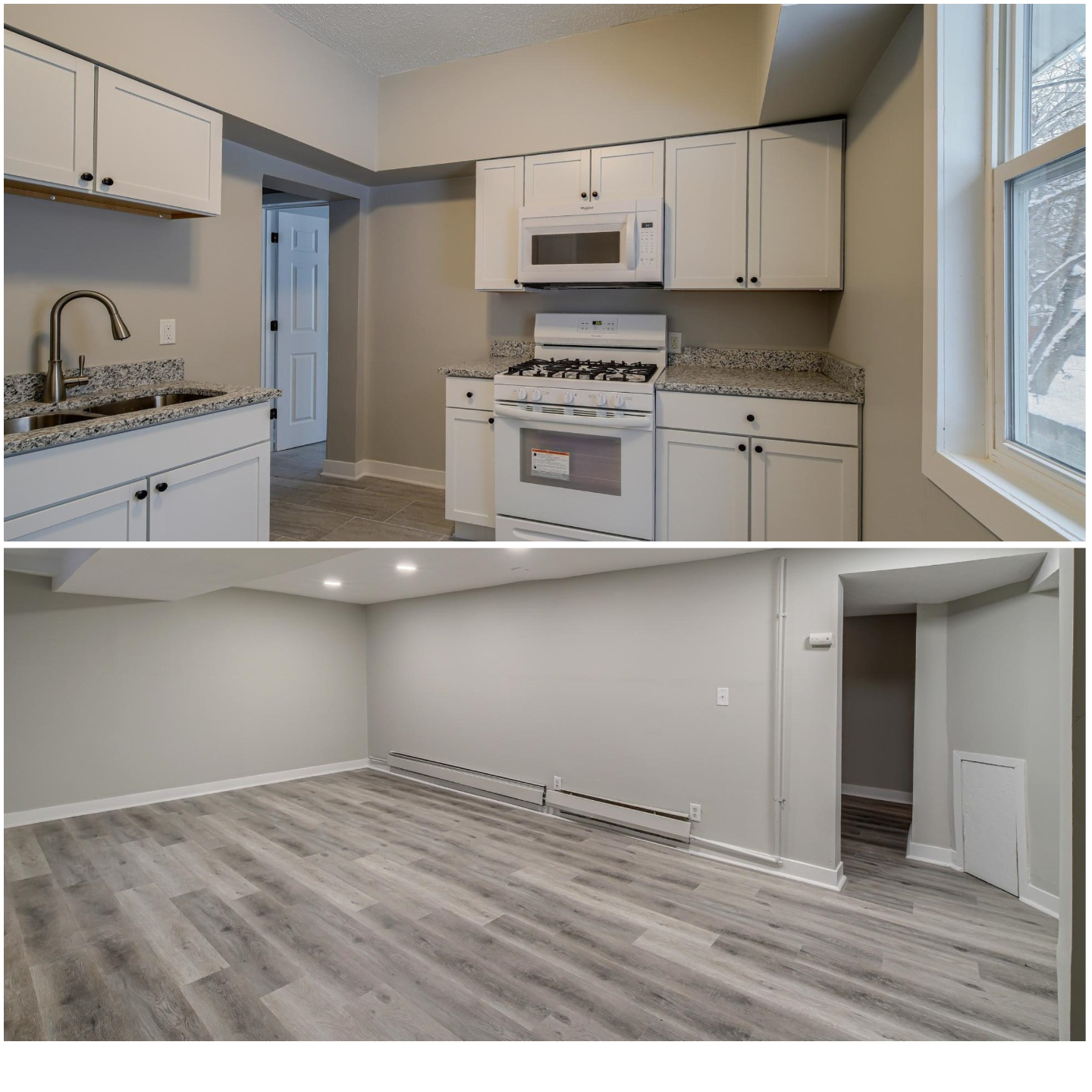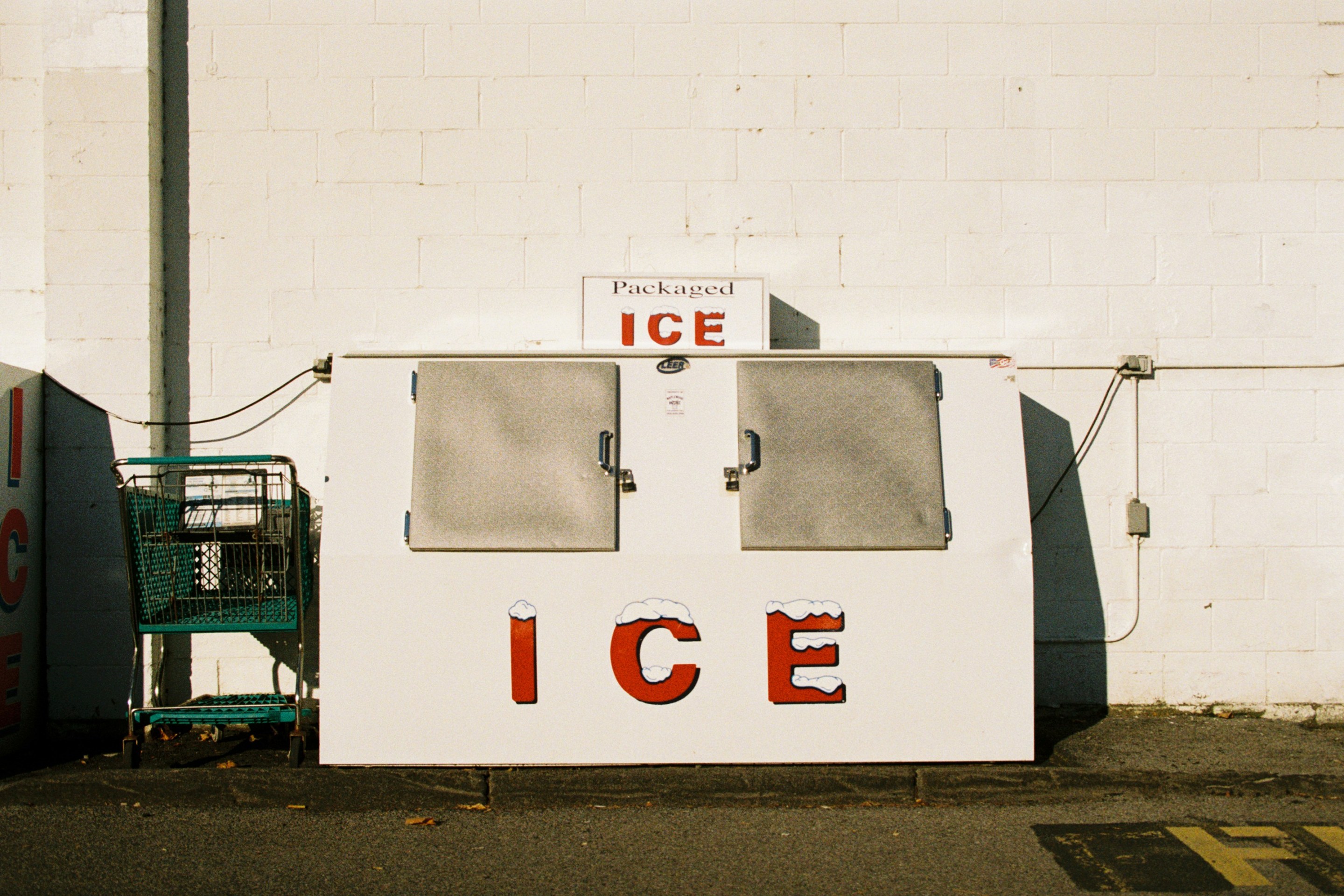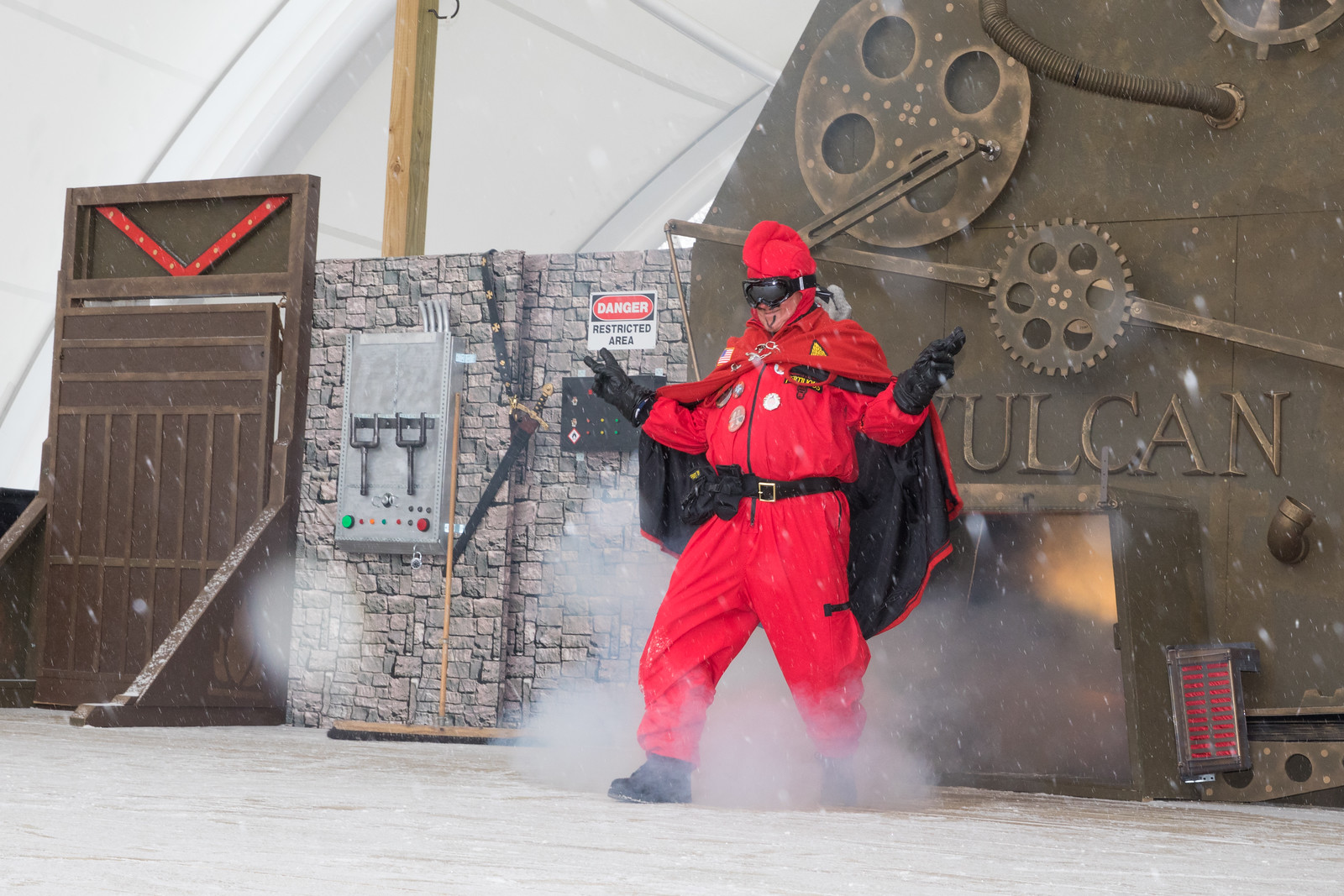If you’ve looked at any homes in the past decade, chances are you’ve seen the dreaded “flip.” White cabinets, gray vinyl plank floors, gray walls, white trim, stainless steel scratch-and-dent sale appliances—if you’ve seen one, you’ve seen them all. And I’ve seen hundreds.
There are two kinds of house-flippers: those who buy perfectly fine but slightly outdated homes, slap on some fresh paint and new appliances, and jack the price by $100,000; and those who buy unlivable properties and fully restore them. The first kind, the “cosmetic” flippers, reduce available inventory for first-time home buyers and those looking to build sweat equity, and don’t always return a quality home to the market.
My wife and I flipped houses for three years, and we went into it with a noble purpose: We’d buy unlivable homes that couldn’t qualify for traditional means of financing, gut them to the studs, and restore them to their original glory, doing everything the right way and not cutting corners. And by some measures, we succeeded. We made a decent profit on the first couple with work we could be proud of, and all of our flips sold for less than $300,000.
But we quickly found out why most flips are the way they are. To continually make a profit doing things the “right” way is nearly impossible, because even unlivable properties have been selling for premium prices in recent years, and competition for them is fierce.
Here’s a hard truth about the housing market in the Twin Cities: You’ll find some real gems among flipped properties, where things were done correctly and the renovators put skill and care into their work. But to find those, you’ll likely need to sift through a lot of junk.
With that in mind, here are a few ways to tell the difference.
1. Sloppy Paint and Finish Work
A flipper who doesn’t care whether paint is properly applied probably also doesn’t care whether anything you can’t see was done right. If they clearly just sprayed paint on everything (including the trim, the cabinets, hinges, and generous amounts of overspray on the tile and windows), that’s a bad sign.
Run you hands over hand rails, cabinet doors and anything else wood, whether painted or stained. Did they take the time to sand before finishing and in between coats, or did they leave it rough as tree bark? Little details like that are a sign whether they took time and care in the renovation or just did it as quickly and cheaply as possible.
2. An Obvious Lack of Permits
You can do a lot of cosmetic work without building permits, but if they added a bathroom, took out a wall, changed windows, or anything else major, there should have been permits pulled and inspections completed. If you’re buying in Minneapolis or St. Paul, both cities have online property information portals that include building permit histories.
3. Lack of Functionality
Sure, the design might be on-trend and the floors might be shiny and new, but if you buy the house, you won’t just be looking at it—you’ll be living with it. Do all the doors open and close correctly without rubbing? Do the bathrooms actually have an outlet for hair dryers and electric razors? An outlet used to not be a requirement in bathrooms, but it’s hard to imagine living without one now (and it’s code, so if the bathroom was gutted and rebuilt, it better have one). Can you actually open the dishwasher? Believe it or not, a blocked dishwasher door is a common problem when modern appliances are shoe-horned into old kitchen layouts.
Here’s a shortcoming a handful of my clients have run into in the past with homes that only received a facelift: Older homes might have one or two outlets in a large living room or bedroom, or one outlet on a long countertop. Current electrical code requires outlets every four feet on kitchen countertops and every 12 feet along walls in other rooms (so that no appliance or lamp is more than six feet from an outlet). It’s hard to imagine working from home if your office has just one outlet on the opposite side of the room from where you’d place your desk.
4. Aging Mechanicals
Lipstick-on-a-pig flippers won’t replace old furnaces, air conditioning units, or water heaters unless they absolutely have to. If the furnace is older than you are, you could be in for an expensive surprise. And for many of the cheap water heaters built in the last 20 years, their warranty length (six or nine years) might as well be a “use or freeze by” date. You can see the manufacture date of most modern water heaters right on their information tag.
5. A Poorly Prepped Basement
Nothing makes me more nervous in a flip than a freshly finished basement, especially if it was never finished before. So much of what makes a basement a healthy environment happens behind the walls—waterproofing and insulation, for example—that shortcuts there could have dire consequences. Have your agent check the MLS for previous listings of a home. If the basement was never previously finished, converting it to habitable space absolutely requires a building permit and inspections. Same goes for attic spaces.
6. Your Best Protection? A Great Inspection.
No home inspection is perfect, but the majority of inspectors in the Twin Cities can identify a flip’s biggest problems. Buying a home is a major financial commitment, so don’t cheap out or go with the first recommendation your agent gives you. You can find home inspector reviews in the usual places online, or ask friends, family, and co-workers for recommendations.







